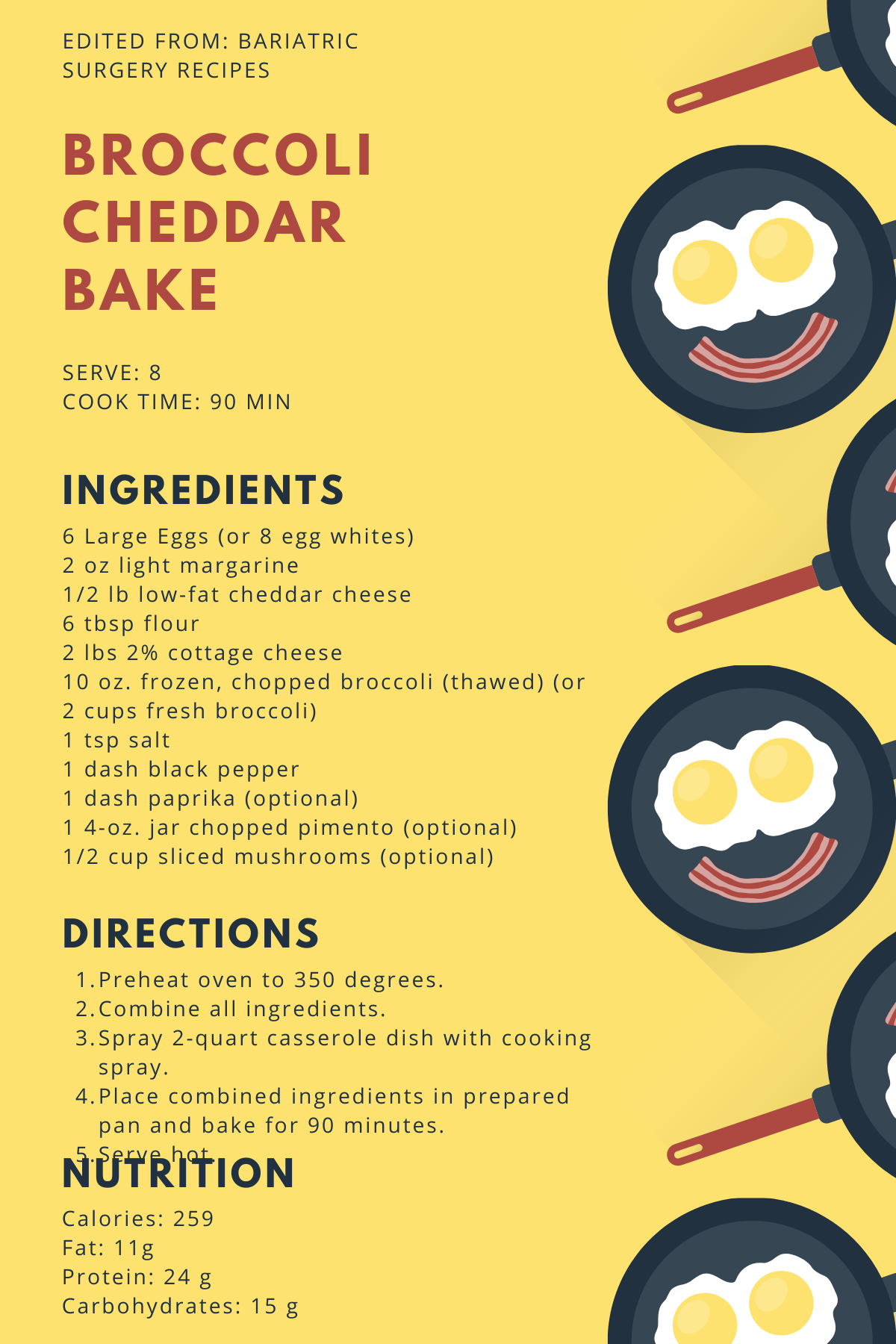True story: A friend of mine had bariatric surgery. Her husband came to her hospital room the morning after her surgery with a box of donuts. They weren’t for her, of course, but he wanted something to munch on while she was recuperating. This is support person DON’T! If you are the support person to someone having bariatric surgery, DON’T bring food to their hospital room. And I would be careful about what you have in the house when you help them settle in at home. It’s not that they are likely to be physically hungry, but unhealthy food, especially if it’s something that was a favorite of theirs, is not going to earn you any points as someone who has their best interests at heart.
Rather than focusing on what NOT to do, let me suggest one simple thing that will take the pressure off of you and also win you the affection of your loved one who is going through the surgical weight loss process. ASK them how you can help! By asking them what they want or what they need, you don’t have to guess. You know what happens when you assume what another person is thinking, wanting, needing, expecting, hoping for, etc. You get it wrong pretty much every time! And that can lead to a litany of complaints ranging from, “I know you didn’t mean to hurt me, but having ice cream in the house after I’ve had surgery seems selfish to me,” to “What were you thinking by having ice cream in the house when I just got home from surgery? You obviously weren’t thinking about me!” to “I can’t believe how ignorant and uncaring you can be. Clearly I must not matter that much to you.” We’ve all been there. Maybe on both sides of a conversation that went something like that. You can avoid this by asking what your person wants or needs! That way, the responsibility lies on them for letting you know specifically what it is they want, need, hope for or expect.
Don’t get me wrong, you are not required to meet every request they have, but if what they ask is something you are willing and able to do, then you won’t find yourself in hot water for doing the wrong thing (even if you had the best of intentions). Another benefit of asking your loved one what you can do to help are the positive feelings that result for everyone involved. Your loved one feels cared about, impressed by your attentiveness and willingness to learn what it is they would appreciate, and grateful that you aren’t assuming to know what they want, need, think or how they feel. You get to feel loved and appreciated, as well. And, you can be sure you’ll be hailed a hero when you attend support group meetings with your loved one as they will be bragging about what an amazing, selfless example of all that a person could ask for from their nearest and dearest support person.
So ask them! Ask them what would make each stage of the process most helpful for them. As they prepare for surgery, as well as after they have had surgery, ask if there are specific foods they would prefer you not have when you’re around them. If they ask you not to have snack cakes in the house, but you would like to indulge in a snack cake now and then, do so when you’re out running errands and can grab one at a convenience store. That way they’re not in the house to be a temptation for anyone, which is a win-win all the way around!
Ask if they would like for you to suggest going for a walk together or if doing so would be frustrating to them in some way. Let them know if you are interested in, and willing to go for a walk or to the gym with them and invite them to ask you to take a stroll when they are up for it. Be sure to let them know up front if there are forms of exercise you are not willing to participate in, as well. You may be willing to go to a spin class, but Zumba is out of the question. You may be agreeable to going kayaking, but paddle boarding holds no interest for you.
If you are going out for a meal together, ask them to let you know what places would be most appropriate given their preferred food options following surgery. Ask if they prefer to let the wait staff know they would not like bread served in advance of the meal. Find out if they would prefer to choose from the menu online before going to the restaurant so they know exactly what to order when they arrive. Some people prefer not to have to look at a menu in the restaurant so they are not unnecessarily tempted by something contrary to their food plan. In fact, some people will ask if you are willing to order for them while they go use (or pretend to use) the rest room. This is so they don’t change their mind at the last minute and give in to something other than what they chose from the menu prior to getting there.
A word to the wise. Only ask if you are willing to listen to them and not judge what they request of you. It may not make any sense in the world to you that want you to order for them at a restaurant, but respect that is something that would help them. You may have trouble comprehending the reason walking into a gym alone would prevent someone from going. You don’t need to understand. And you do not have to accommodate each request. However, if you are going to ask what the person you care about wants or needs from you, then refrain from judging their request as “ridiculous,” “childish,” “out of line,” or anything else negative. If you are uncomfortable fulfilling their request, let them know in a kind and respectful way. “I know you are uncomfortable going to a yoga class by yourself, but that is not something I am willing to do. Let’s think of another form of exercise we could do together that we would both enjoy.” If you are not willing to forego bread prior to your meal at a restaurant, and not having bread at the table is of ultimate importance to the person having surgery, then together choose a restaurant where bread is not part of the meal or suggest dining in together.
Communication is key. Be willing to ask and listen. Be willing to be honest with what will and will not work for you. But work together. Seek the win-win. And enjoy watching your loved one get healthier right along with the added bonus of your relationship doing the same!




